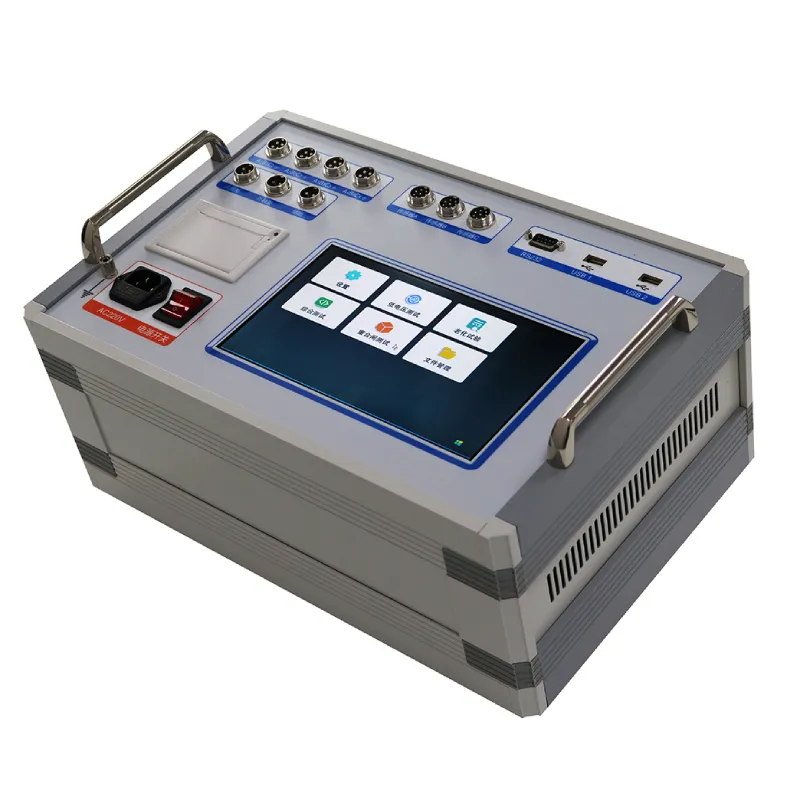 English
English


Determining Moisture Content Using Karl Fischer Titration Technique for Accurate Analysis
The Karl Fischer Titration Method A Comprehensive Overview
Karl Fischer titration is a widely used analytical chemistry technique for determining the water content in various substances. Developed in 1935 by the German chemist Karl Fischer, this method has become essential in industries such as pharmaceuticals, food and beverage, cosmetics, and petrochemicals, where moisture levels can significantly affect product quality, stability, and safety.
The Karl Fischer Titration Method A Comprehensive Overview
One of the key advantages of Karl Fischer titration is its precision and accuracy. Unlike other moisture determination techniques, such as loss on drying or gas chromatography, Karl Fischer titration can measure water content as low as a few parts per million (ppm). This makes it particularly suitable for highly purified chemicals and other applications where minute moisture levels are critical.
karl fischer titration method

There are two main types of Karl Fischer titration volumetric and coulometric. In volumetric titration, a known concentration of iodine is added to the sample until the endpoint is reached, which is determined via a visual or electronic indicator. This method is ideal for samples containing a higher water content. On the other hand, coulometric titration is used for samples with low water content and involves the electrochemical generation of iodine in situ, allowing for a more sensitive measurement.
Despite its advantages, Karl Fischer titration does have limitations. The method requires careful calibration and control of environmental factors, such as temperature and sample preparation, to ensure accurate results. Certain substances can interfere with the titration, leading to erroneous readings; thus, it is crucial to have a good understanding of the sample matrix.
In conclusion, the Karl Fischer titration method remains a cornerstone in analytical chemistry for moisture analysis. Its robustness, accuracy, and versatility make it a preferred choice for laboratories and industries seeking reliable methods to quantify water content, ultimately ensuring product quality and compliance with regulatory standards. As industries continue to evolve, the importance of precise moisture analysis through Kar Fischer titration will undoubtedly persist.
-
Differences between open cup flash point tester and closed cup flash point testerNewsOct.31,2024
-
The Reliable Load Tap ChangerNewsOct.23,2024
-
The Essential Guide to Hipot TestersNewsOct.23,2024
-
The Digital Insulation TesterNewsOct.23,2024
-
The Best Earth Loop Impedance Tester for SaleNewsOct.23,2024
-
Tan Delta Tester--The Essential Tool for Electrical Insulation TestingNewsOct.23,2024





